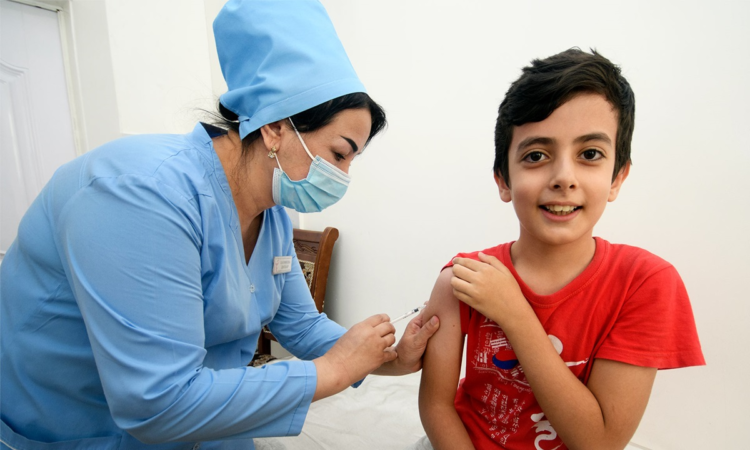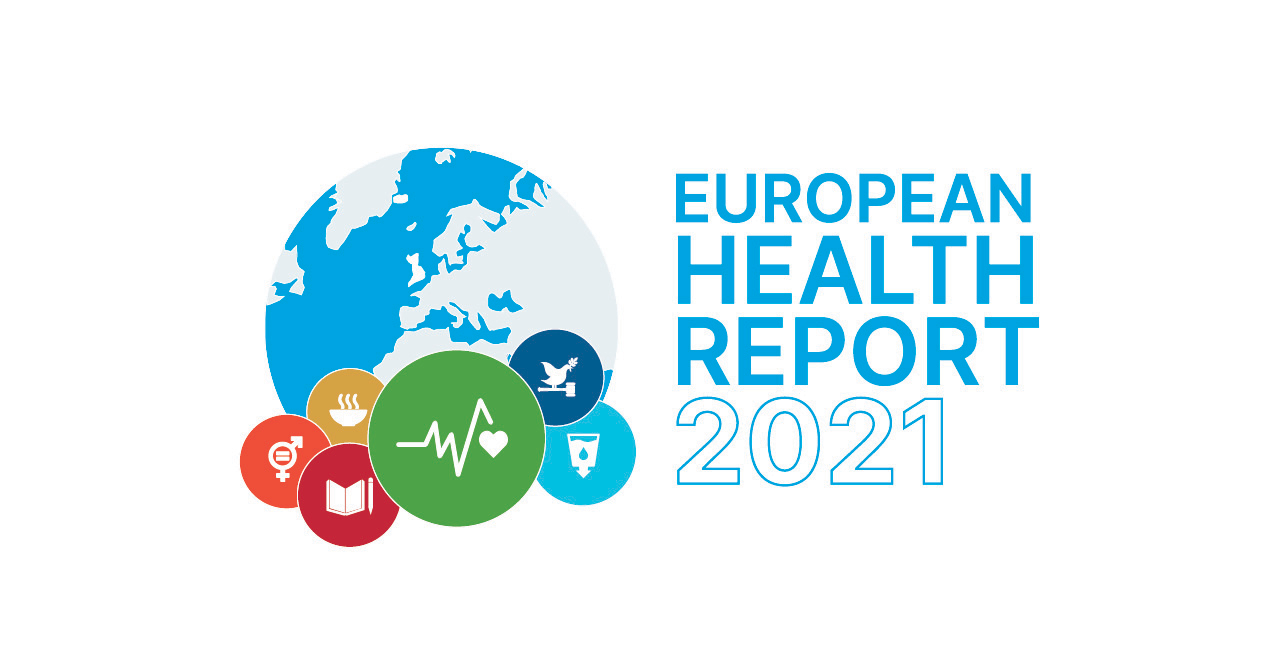Rapid measles outbreak response critical to protect millions of vulnerable children – World Health Organization (WHO)

The European Health Report 2021 »

74th session of the WHO Regional Committee for Europe
Updated data from 2023 are driving home the urgency of a swift and concerted response to measles outbreaks in the WHO European Region, underpinned by the need to protect everyone who remains vulnerable to the disease.
Last year, more than 58 000 people in 41 of the 53 Member States in the Region – straddling Europe and central Asia – were infected with measles, resulting in thousands of hospitalizations and 10 measles-related deaths.
The latest numbers from 2023 represent a rapid increase compared to the previous 3 years, and a risk for anyone in the Region who is not protected. Sustained efforts are clearly needed to prevent measles cases from continuing to rise in 2024.
The high proportion (nearly half) of cases among children below 5 years of age reflects, once again, the enormous impact of the COVID-19 pandemic on health systems, including routine immunization services. This has resulted in a significant accumulation of susceptible children who have missed their routine vaccinations against measles and other vaccine-preventable diseases.
“Health systems in the WHO European Region have some catching up to do to rapidly reach the 1.2 million children who missed their measles vaccine between 2020 and 2022 while continuing with routine immunization,” noted Dr Hans Henri P. Kluge, WHO Regional Director for Europe.
“As the virus continues to spread in many parts of the Region, timely outbreak detection and response remains critical to prevent further escalation and secure the Region’s progress towards eliminating this highly contagious disease.”
Considering the rise in measles cases globally, the risk of importation into the European Region is almost unavoidable. All Member States affected so far have strengthened surveillance to detect cases and their contacts quickly, intensified their routine immunization services, and/or conducted catch-up immunization activities to vaccinate the vulnerable before the virus reaches them.
The actions in Armenia, Kazakhstan, Kyrgyzstan, Romania and Tajikistan, resulting in over 2.5 million children of all ages vaccinated in 2023, appear to have helped curb the spread of the virus in these countries. However, transmission continues in the Region, posing an ongoing threat to the health of millions of children.
“Every measles-related death is an avoidable tragedy given that there is a safe and effective vaccine to prevent the disease. I commend countries for the comprehensive response measures taken so far and caution against any complacency at this stage. We must get ahead of this dangerous disease by actively reaching out to under- or unvaccinated communities,” continued Dr Kluge.
While 33 of the Region’s 53 Member States have achieved verification of measles elimination as of 2022, this achievement remains fragile. To retain this status, a country must ensure that transmission of the virus following any importation is stopped within 12 months from the first reported case.
Having adopted the European Immunization Agenda 2030, all countries in the Region need to:
“WHO/Europe will continue to work closely with every Member State in their efforts to respond effectively to the ongoing measles outbreaks,” said Mr Robb Butler, Director of the Division of Communicable Diseases, Environment and Health at WHO/Europe.
He added, “WHO will help countries take steps to systematically address immunization inequities to prevent such vaccine-preventable disease outbreaks. We are also working closely with our Member States in their efforts to counter misinformation and disinformation around vaccines causing some people to delay or refuse vaccinations.”
Measles is one of the most contagious diseases in the world, spread when an infected person breathes, coughs or sneezes. The virus remains active and contagious in the air or on infected surfaces for up to 2 hours.
Any non-immune person can become infected. A prominent rash is the most visible symptom, while complications can include blindness, encephalitis, severe diarrhoea and related dehydration, ear infections, and pneumonia.
Unvaccinated young children and pregnant women are at highest risk of severe measles complications. Measles infection also weakens the immune system and can make it “forget” how to protect itself against other common infections, leaving children in particular extremely vulnerable.
Related
EpiData 1/2024 (Reported measles cases for the period January-December 2023)
Measles and rubella monthly update – WHO European Region – January 2024
Eliminating measles and rubella in the WHO European Region: integrated guidance for surveillance, outbreak response and verification of elimination
Measles: What you need to know
The European Immunization Agenda 2030
Health in Europe podcast – Outbreak Alert: Understanding the Measles Surge
Questions and answers: What you need to know about measles








